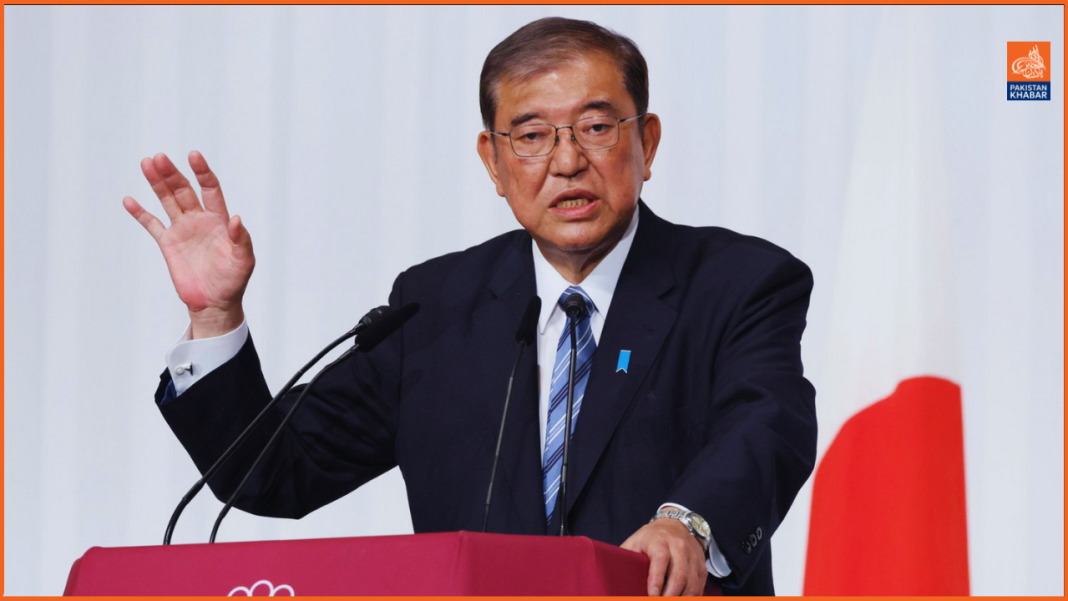Japan’s ruling party, the Liberal Democratic Party (LDP), lost its parliamentary majority for the first time in 15 years during a stunning election on Sunday, signaling potential political turmoil for the newly appointed Prime Minister Shigeru Ishiba. The LDP and its coalition partner Komeito failed to secure an absolute majority in the lower house, amid a backdrop of declining public trust due to recent corruption scandals involving numerous party members.
Former Prime Minister Fumio Kishida resigned partly due to these scandals, leading Ishiba to take office on October 1 with promises of restoring public confidence. However, his administration struggled to implement meaningful changes, and public dissatisfaction grew.
This political upheaval marks a significant shift in Japan’s typically stable landscape, where the LDP has maintained dominance for nearly seven decades. The last time the LDP lost its majority was in 2009, when the Democratic Party of Japan briefly took power.
In the latest election, the LDP secured 191 seats, down from 247, while Komeito won 24 seats, a decline from 32. The coalition’s total of 215 seats falls short of the 233 needed for a majority.
Opposition parties, particularly the Constitutional Democratic Party of Japan, saw gains, with Yoshihiko Noda, the party’s president, celebrating their success in breaking the ruling party’s majority. However, forming a stable coalition government remains a challenge, as opposition parties have historically struggled to unify.
The fallout from this election leaves Ishiba’s leadership uncertain and highlights the LDP’s diminished power amid ongoing scrutiny over fundraising scandals that have tainted its image. Public trust in the party is at a low, complicating the political landscape as negotiations for a new government formation begin.




